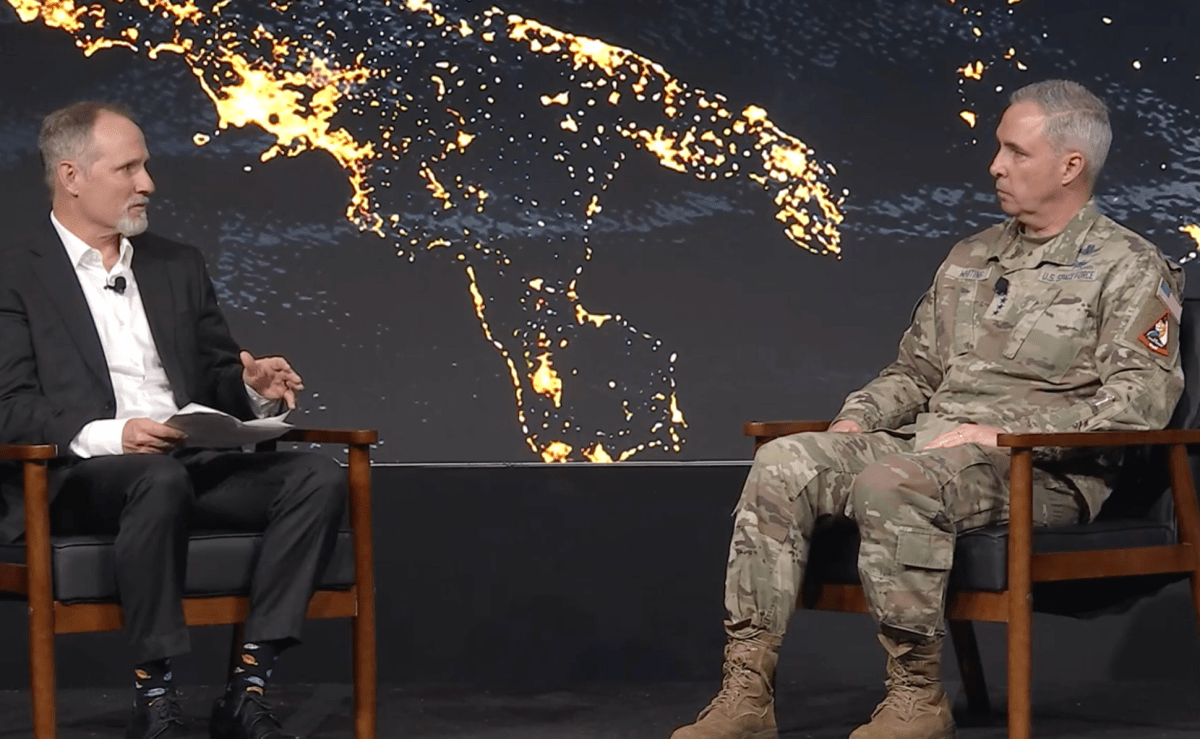ORLANDO, Fla. — The U.S. military is increasingly turning to commercial satellite companies to gain critical intelligence about potential threats in space, reflecting the growing role of the private sector in national security operations.
Speaking Dec. 11 at the Spacepower Conference, Gen. Stephen Whiting, head of U.S. Space Command, highlighted the recent expansion of the Commercial Integration Cell (CIC), a collaborative platform that has become a key mechanism for sharing sensitive information about space-based disruptions.
Established in 2015 as a pilot program, the CIC has grown from a small initiative to a more robust network now comprising 15 companies. These firms represent a mix of communications satellite operators and remote-sensing companies that operate Earth observation satellites.
“We’re able now to provide them information at the highest levels about the threats that are in the domain, and then they provide us insights into how their constellations are being affected or operating in the domain,” Whiting explained.
Some of the most valuable information shared by the cell is detailed tracking of electromagnetic interference. “Sometimes the companies are the first to give us an indication, because they’re seeing it through their telemetry,” Whiting noted. “That’s fantastic insight for us as we’re operating with our own systems.”
Member companies have DoD or IC contractsThe program’s significance became evident during critical incidents like the 2022 Russian cyberattack on Viasat’s satellite ground systems. The CIC allows for classified information sharing at the top-secret level.
The cell is based at Vandenberg Space Force Base in California. It was recently expanded beyond communications satellite operators to include Earth observation companies that support critical intelligence agencies like the National Reconnaissance Office and the National Geospatial Intelligence Agency.
Companies must meet strict criteria to join the CIC, including existing Department of Defense contracts, personnel with necessary security clearances, and signed non-disclosure agreements to protect proprietary information.
The new members announced last month include Earth observation company Blacksky, space intelligence contractor Kratos, space tracking firm LeoLabs, radar satellite operator Iceye and satellite communications provider Telesat. Radio-frequency satellite data provider Hawkeye 360 and space tracking specialist Exoanalytic Solutions are expected to join in the near future.
The original CIC members include Eutelsat America, Hughes Network Systems, Intelsat General Communications, Iridium Communications, Maxar Intelligence, SES Space & Defense, SpaceX, Viasat and XTAR.
